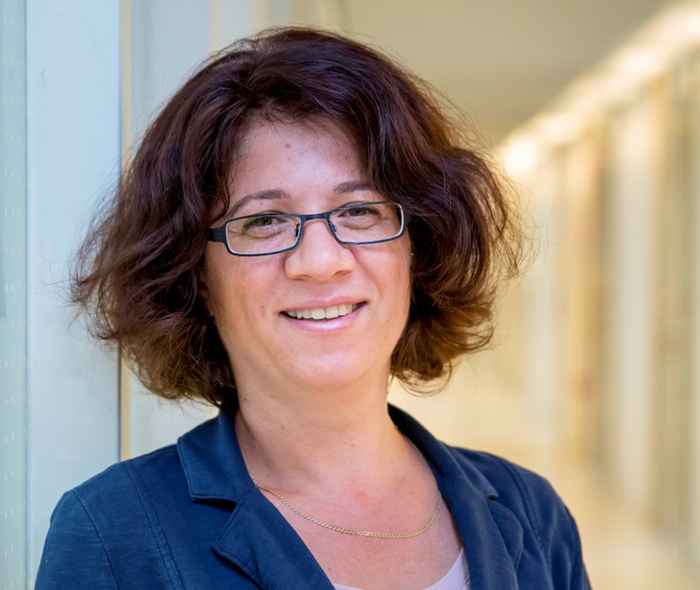Funding for green synthesis of electrocatalytic materials
2 February 2022

One of the biggest challenges facing the energy sector is the development of efficient devices for the conversion and storage of renewable energy, to drive future economic and social development in a sustainable manner. Key energy conversion and storage technologies such as metal-air (flow) batteries, fuel cells and water electrolyzers all operate through a series of electrochemical processes. These are usually catalyzed by noble metals (or their alloys) that are scarce and expensive.
Highly functional materials
Combined efforts and a multidisciplinary approach are required to develop alternative catalysts that are efficient, durable and inexpensive. Among these is the use of core-shell nanoparticles: highly functional materials with properties arising from the core or the shell materials - or a combination of both. Changing the electronic properties of the shell (by tailored design or induced by the underlying core) can lead to enhanced catalytic performances, especially in electrocatalysis.
Current methods used to tailor the structure and functions of core and shell materials simultaneously involve complex chemical methods. Stefania Grecea and the multidisciplinary consortium will develop a novel approach that facilitates the screening of a vast array of core-shell nanoparticles compositions to obtain novel electrocatalysts that are highly active, stable, cheap and industrially scalable.
The KIEM-GoChem scheme aims to stimulate and set up new partnerships between SMEs and knowledge institutions, focused on exploratory research within the scope of sustainable chemistry.
Read more
- Research group Functional Materials
- VSPARTICLE - Revolutionizing material development
- Spark904 – Accelerate your R&D activities
- Inholland University of Applied Sciences